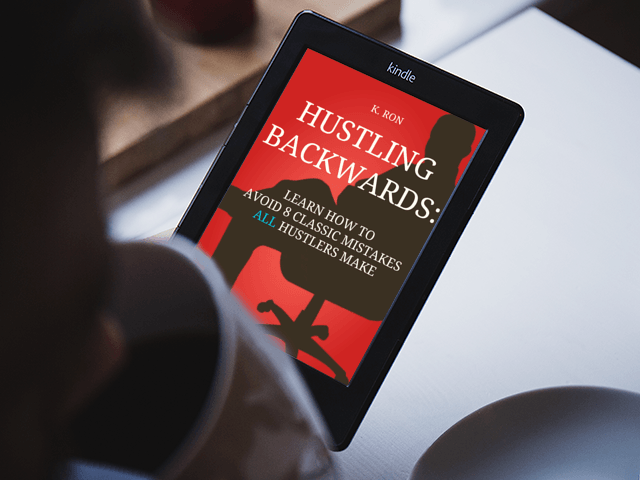No matter how much we try to resist, some people and situations get to us. This is natural, and you shouldn’t beat yourself up when you’re occasionally drawn into a verbal scuffle. But you don’t want to make getting emotional a habit.
As we take control over our lives, which means developing self-control, we can become enthralled with our growing power and the fact that we can change not just our lives, but other situations as well. Yes, it’s wonderful to feel as though you have the world at your fingertips, and that by focusing your energy, things can happen. However, this same feeling can leave you vulnerable and open to the opinion of others.
Just imagine, you’re pushing hard, all geared up about a project or event and someone close to you (maybe on your team) has reservations about an outcome that, for you, isn’t in doubt. It’s easy to get twisted, especially if you’re relying on this person. Your typical response might be justifications while trying to prove the validity of your goal. But this move can often land us in quicksand, particularly with hardheads. The more we struggle to explain ourselves, and our pride gets involved, the deeper we sink.
So what’s the solution?
Stop.
That’s right, just stop struggling and breathe. If you stop resisting, no matter how disrespectful you might believe someone’s statements or actions to be, the pressure releases. When the tension (inside of you) reduces, you’ll be able to think clearly and use reason to assess the situation.
Remember counting to 10 as a child? A few deep breaths made a big difference when you needed to settle down and regroup. Besides, it’s hard to do two things at once. By focusing on your internal process, you’re taking your mind off external conflict and establishing mental and emotional balance.
If counting doesn’t do it for you, try relaxing your body and letting the tension go. You can also concede to a couple of points. A little validation can go a long way, so give some and notice how the other person’s tone softens. Or, create your own method for reducing stress while handling tough situations, you’ll be better for it.
Ultimately, the strategy that you use doesn’t matter, as long as it works.
Later,
Gary




